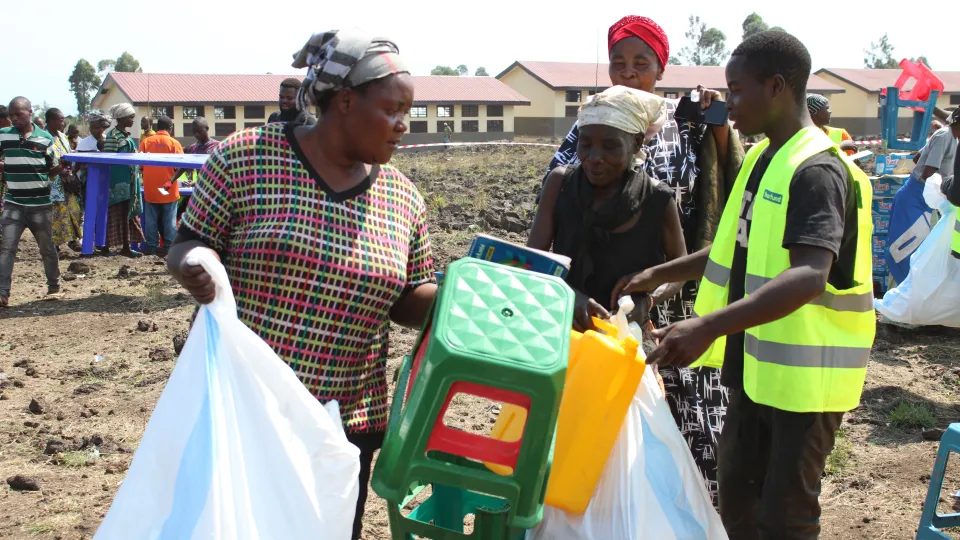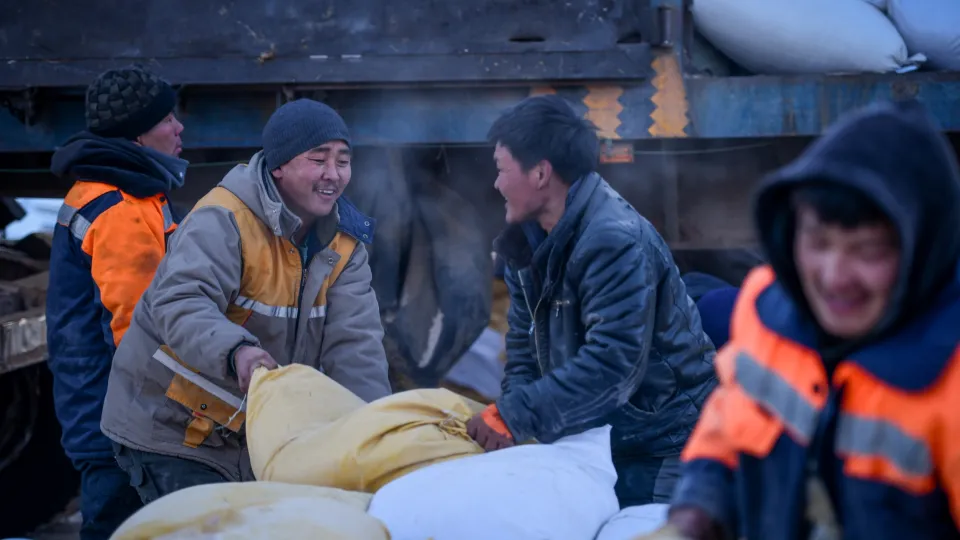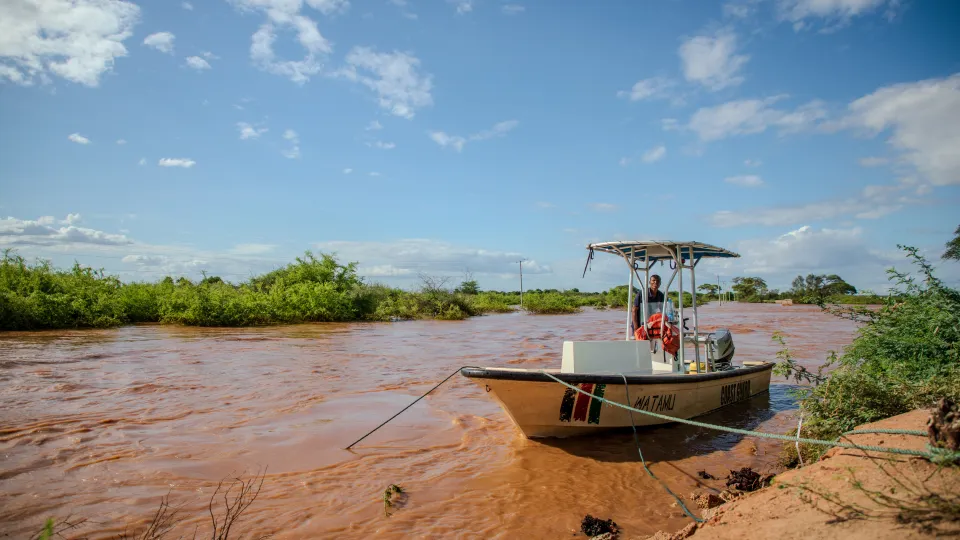Grants and Finance Adviser Maternity Cover (circa 12 months)
The Grants and Finance Adviser is responsible for developing our grant management processes and procedures.
The Grants and Finance Adviser is responsible for developing our grant management processes and procedures.
Start Network is committed to investing in hub initiatives. We have launched the Hub Incubation Fund for this purpose.

In humanitarian and disaster response efforts, LGBTQIA+ individuals are among the most vulnerable yet least visible
We wanted to understand the value that Start Network membership has brought to new members, including the value of our due diligence process. Based on interviews conducted between November and December 2020, here are the three main ways that due diligence has benefitted our new members from their perspectives.


Start Network is launching the Solidarity Fund, an initiative to help offset the impact of widespread funding gaps and protect essential humanitarian efforts.

A reflection from Joyce Nyaboga and Beth Gathoni as we conclude this inspiring year with the Hub Fellowship Programme.

Guest blog from Rajeev Kumar Jha, Programme Director at Humanitarian Aid International and Start Network Member, who shares his thoughts prior to attending the 29th Conference of the Parties (COP29) in Baku.